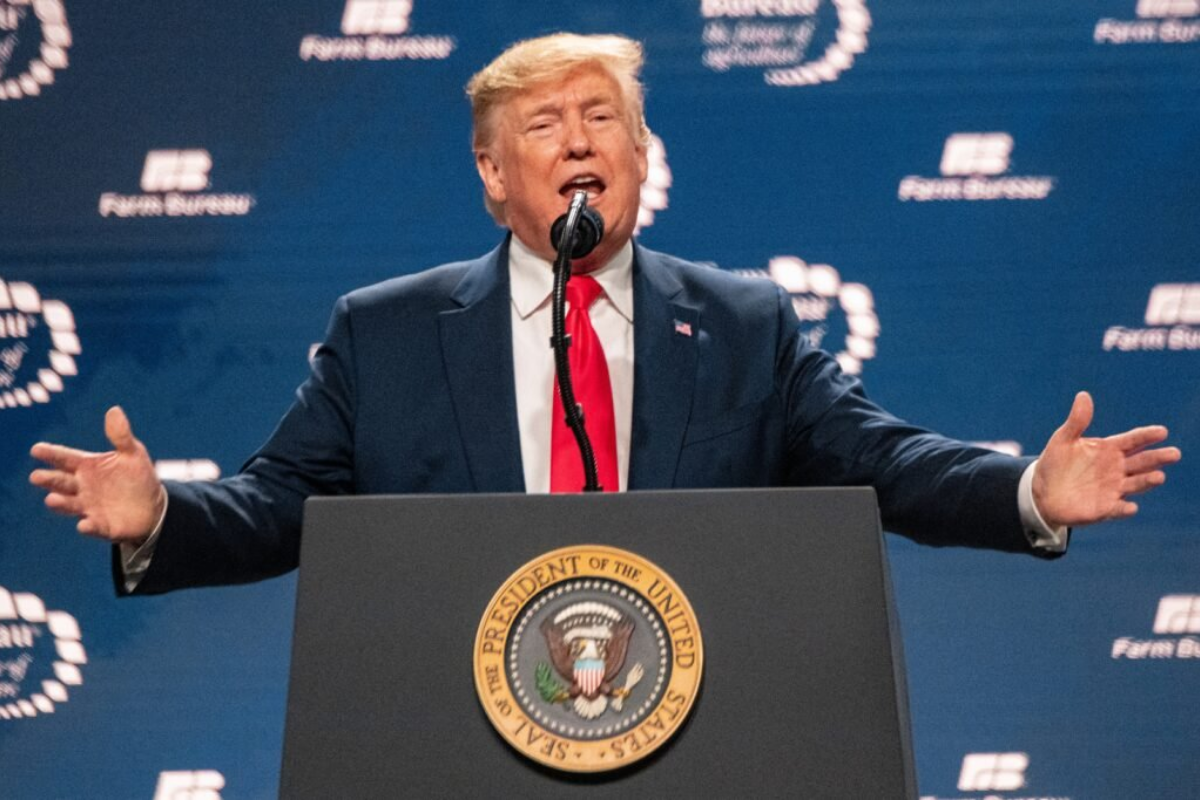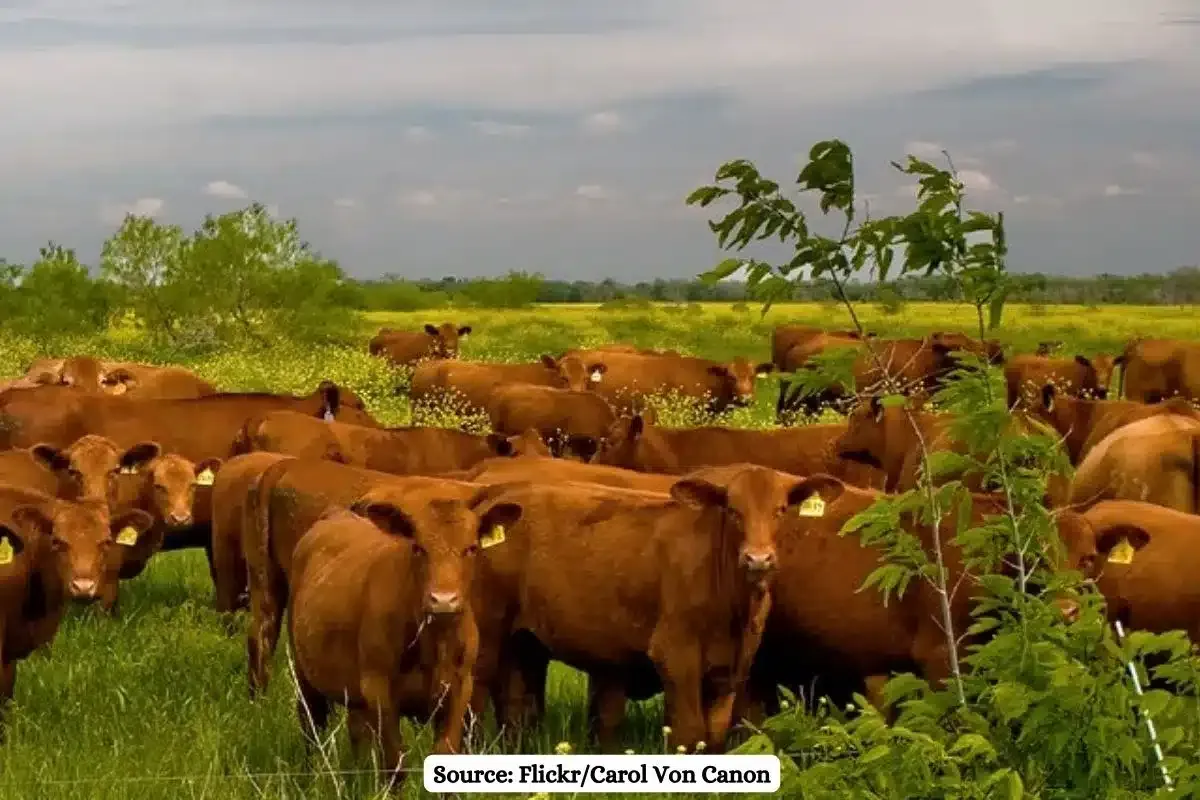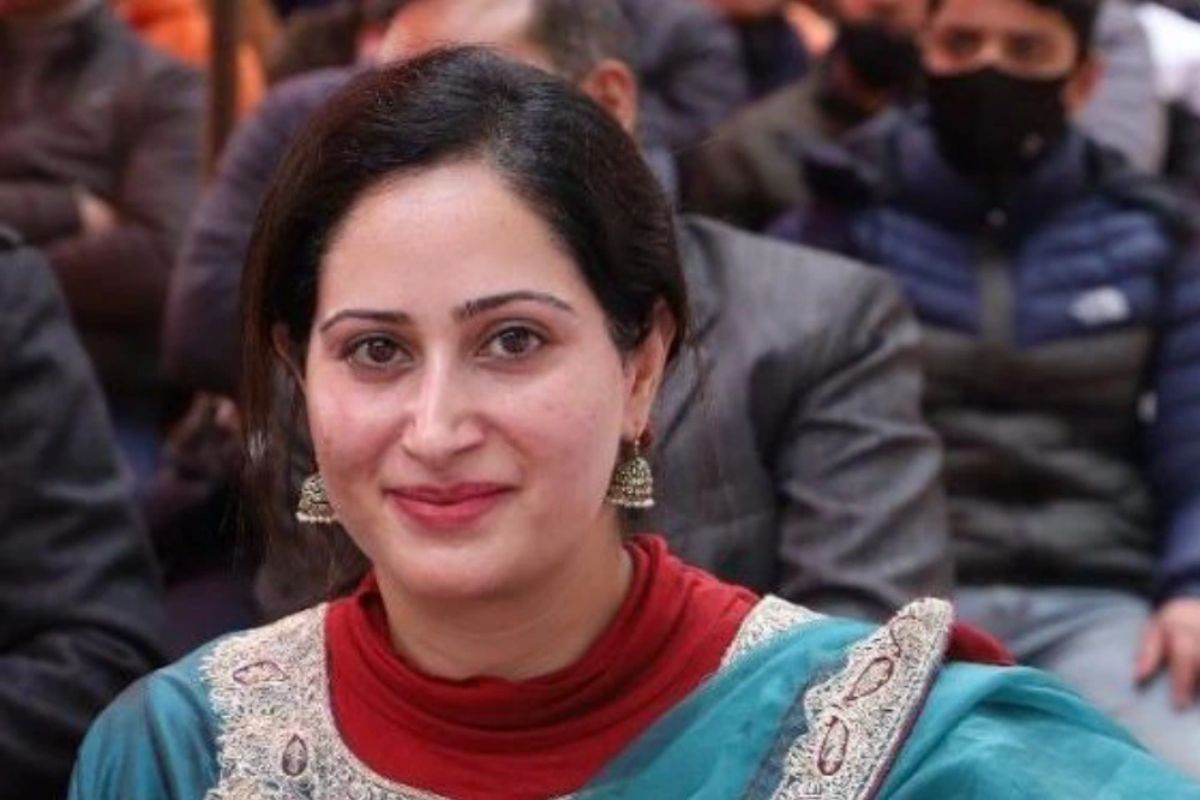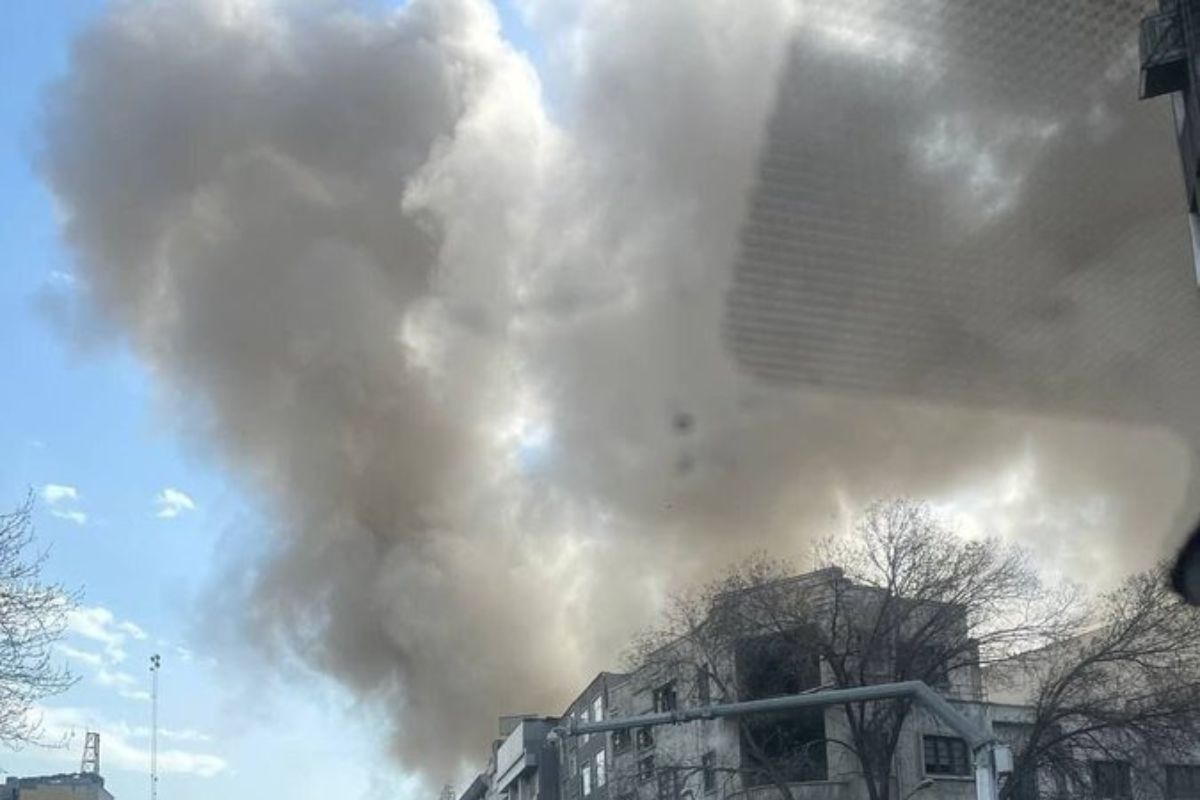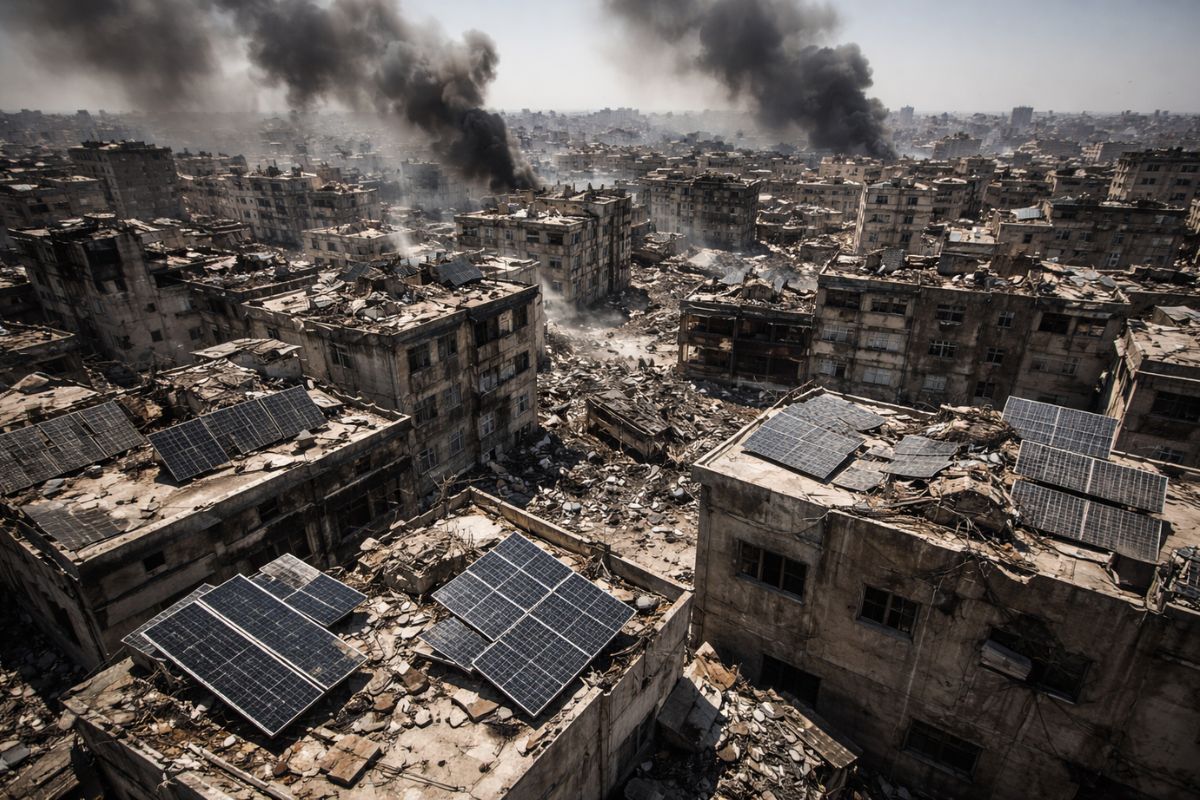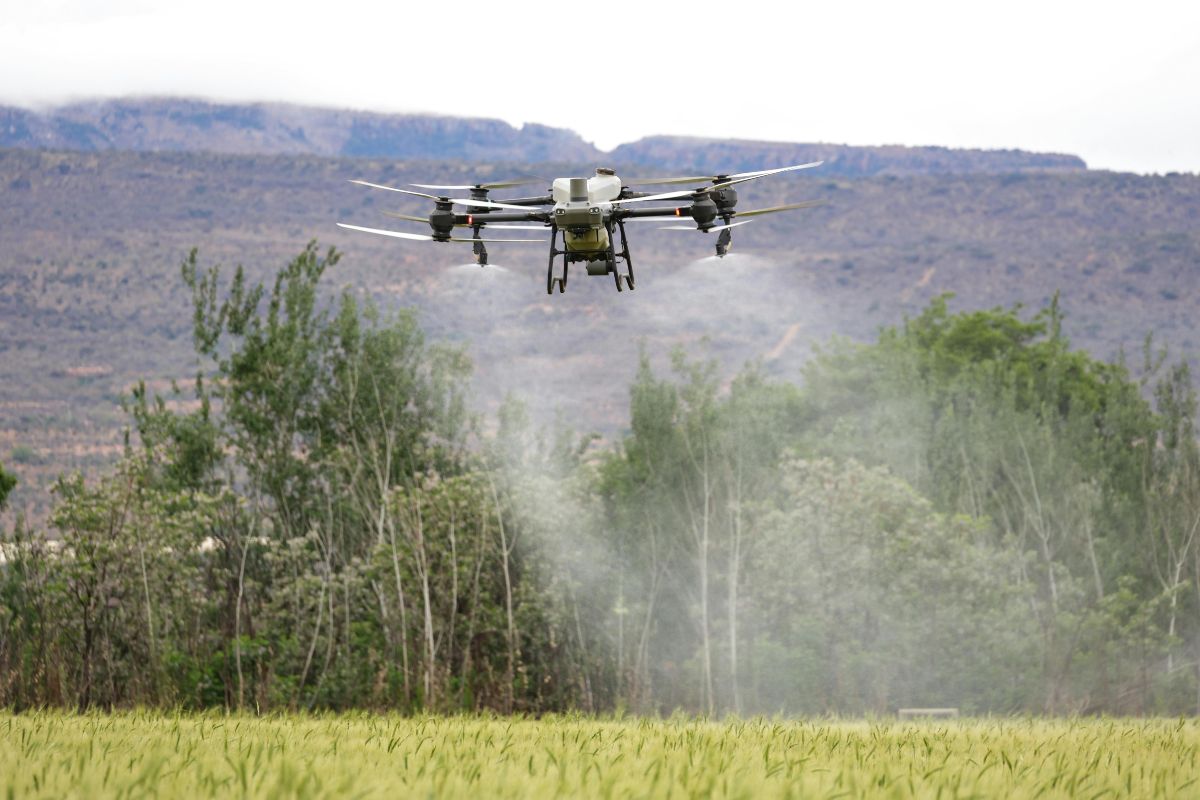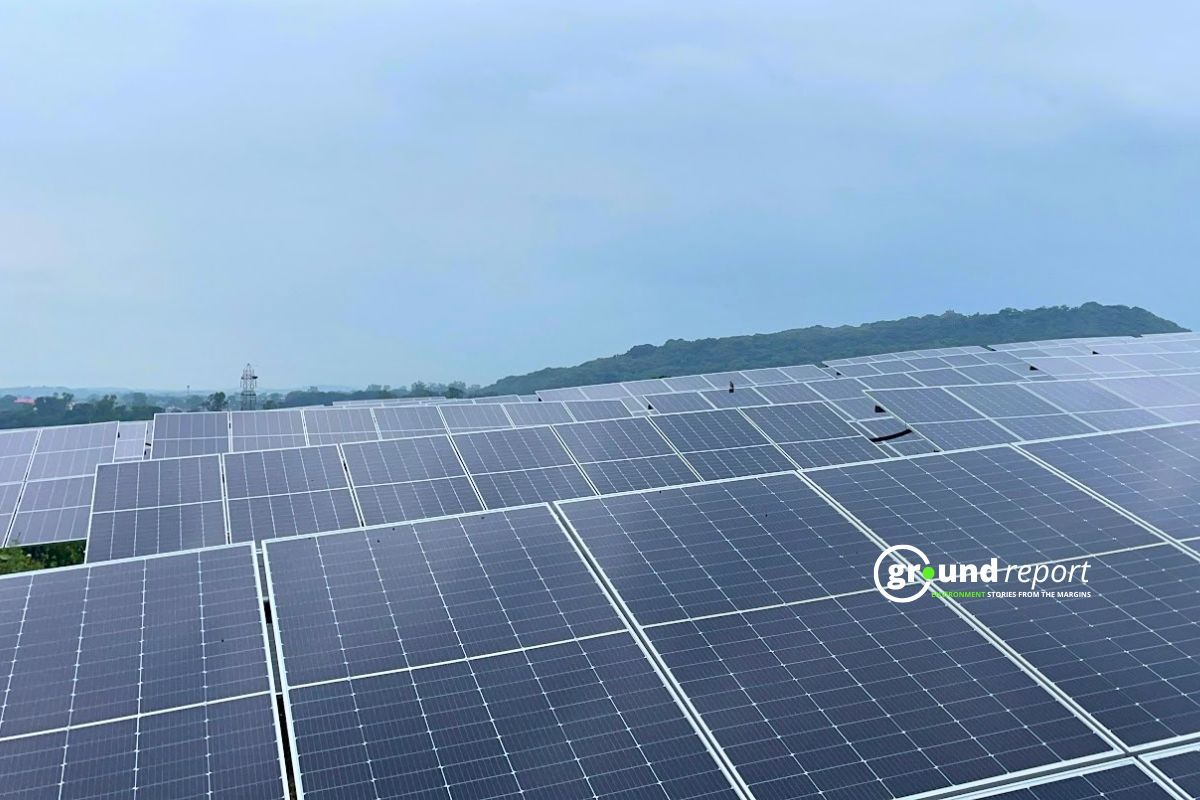The Trump administration is considering banning or restricting travel for citizens from 43 countries. This move is part of a new policy aimed at national security and immigration control, according to government sources.
The proposal suggests that some countries do not meet U.S. security and vetting standards. The administration claims this measure is necessary to prevent security threats and illegal immigration. However, critics argue that such bans could unfairly target certain nations and impact diplomatic relations.
The draft proposal divides the countries into three categories: Red List (Full Travel Ban), Orange List (Limited Visas and Strict Screening), and Yellow List (60 Days to Improve Security or Face Restrictions).
| Category | Countries |
|---|---|
| Red List (Full Travel Ban) | Afghanistan, Bhutan, Cuba, Iran, Libya, North Korea, Somalia, Sudan, Syria, Venezuela, Yemen |
| Orange List (Limited Visas) | Belarus, Eritrea, Haiti, Laos, Myanmar, Pakistan, Russia, Sierra Leone, South Sudan, Turkmenistan |
| Yellow List (Under Review – 60 Days to Comply) | Angola, Antigua and Barbuda, Benin, Burkina Faso, Cambodia, Cameroon, Cape Verde, Chad, Republic of Congo, Democratic Republic of Congo, Dominica, Equatorial Guinea, Gambia, Liberia, Malawi, Mali, Mauritania, St. Kitts and Nevis, St. Lucia, São Tomé and Príncipe, Vanuatu, Zimbabwe |
The proposal also includes a deadline for finalising the ban. It gave Secretary of State Marco Rubio, Attorney General Pam Bondi, Secretary of Homeland Security Kristi Noem, and Director of National Intelligence Tulsi Gabbard a deadline of 60 days from the order – in about two weeks – to identify such countries and enact the ban.
A White House official, speaking to USA TODAY, denied that any final decisions had been made. “No decisions regarding possible travel bans have been made, and anyone claiming otherwise does not know what they are talking about,” the official said in an emailed statement.
The State Department is also conducting a review of all visa programs in line with the executive order. A spokesperson told USA TODAY that visa applicants go through extensive background checks against classified and unclassified U.S. government databases.
“All visa applicants undergo comprehensive vetting against a wide array of classified and unclassified information held by U.S. government agencies to ensure that consular officers can verify the applicant’s identity and identify any potential threats to U.S. national security,” the spokesperson stated. “After issuance, visa holders undergo recurrent vetting to ensure they remain eligible for a visa.”
While the proposal is still under review, officials expect further deliberations before any final decision is announced. The U.S. government is evaluating security risks and diplomatic implications before moving forward with the ban.
Many are watching closely to see how this policy develops, as its impact could be significant for international travel and global relations.
Support us to keep independent environmental journalism alive in India.
Keep Reading
California Fires Live updates: destructive wildfires in history
Hollywood Hills burning video is fake and AI generated
Devastating wildfire in California: wind, dry conditions to blame?
Los Angeles Cracks Under Water Pressure
From tourist paradise to waste wasteland: Sindh River Cry for help
Follow Ground Report on X, Instagram and Facebook for environmental and underreported stories from the margins. Give us feedback on our email id greport2018@gmail.com.
Don’t forget to Subscribe to our weekly newsletter, Join our community on WhatsApp, and Follow our YouTube Channel
